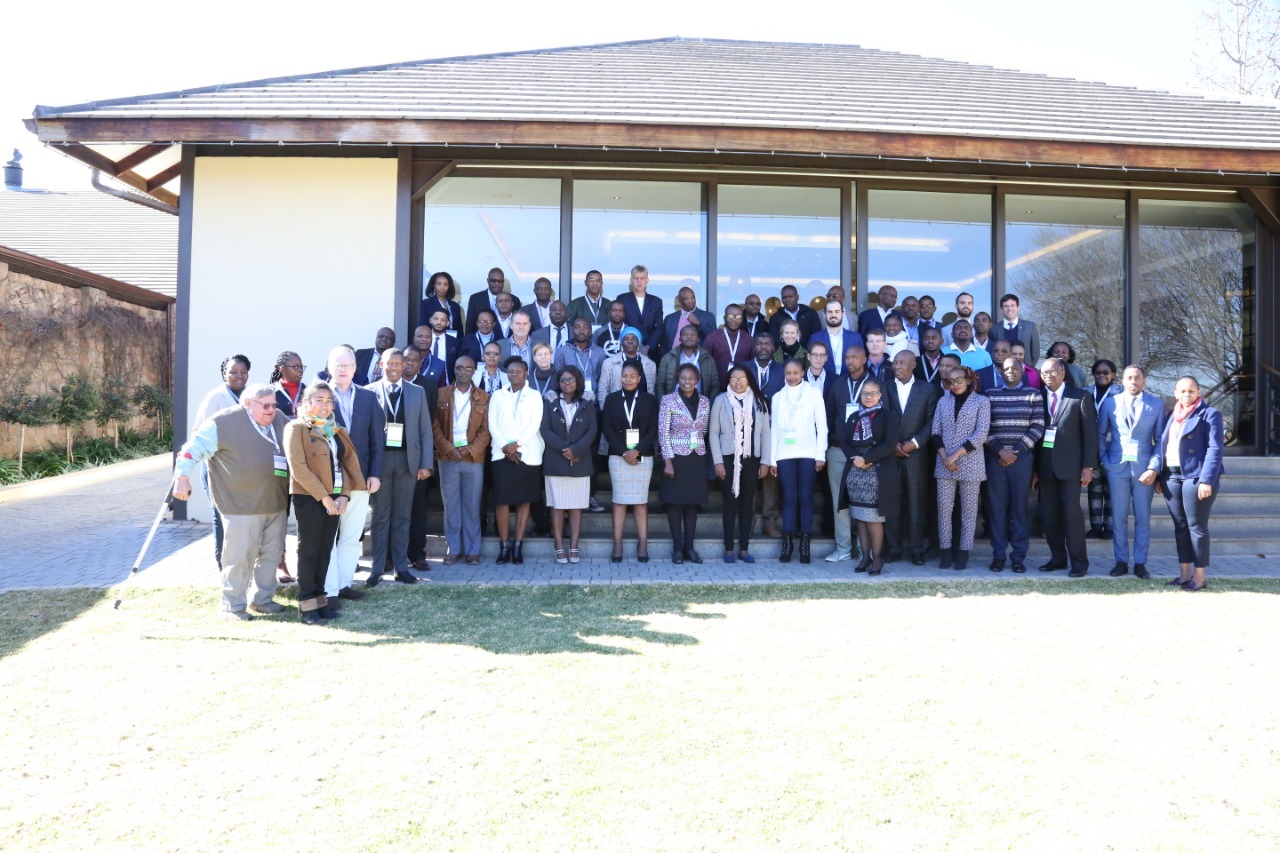CCARDESA Participates in the Regional Awareness-Raising Workshop on Low Emissions-Livestock

The Centre for Coordination of Agricultural Research and Development in Southern Africa (CCARDESA) is participating at the regional awareness-raising workshop on low emissions for the SADC region in Pretoria, South Africa from 23 -25 July 2019.
The primary purpose of the meeting is to discuss Livestock Greenhouse Gas Emissions (GHE) and find a way forward on how to mitigate the effects of the emissions. The participants drawn from the SADC region acknowledged the importance of livestock with its multiple contributions. However, Livestock is affected by and contribute greatly to climate change. Despite this being the case, the animal source foods (ASF) consumption is fast growing with evidence from some countries pointing out that the trend for poultry is highest with other species following closely. Ruminants are largely in the hands of smallholders with several opportunities and many challenges sighted in the livestock sector.
The workshop participants pointed out that, previous discussions in the region have focussed on adaptation, but there is a need to include mitigation as an agenda if the region is to succeed in reducing greenhouse gases (GHG) emissions from livestock.
Climate Change cannot be tackled in isolation but needs to take into consideration the social, economic and environmental outcomes and the impact on food security, health and the economy.
The participants identified ways to reducing livestock sector-related emissions, among them were;
- Improvements within systems: What others consider climate-smart in one setup, may not necessarily be in another;
- Improving productivity quite often compatible with reductions in emission intensity;
- Provision of data is critical to show progression and for comparability of observations;
- Coordination within and among countries is required to succeed;
- Policy changes and reviews, as well as knowledge management. Researchers have a role in providing useful data and information on working scenarios to reduce emissions from livestock.
The participants discovered that despite Livestock mitigation being prioritised in some SADC countries, not all are doing it directly, they do it with emphasis to food security links, largely focussing on adaptation. While the inclusion of livestock emission in the NDCs is strategic, there is generally no specific inclusion to the mitigation targets in the NDCs in all the SADC members apart from Namibia. It is important to include the different contributions of the sector to country total emissions, such as, management of feed resources, breeding/genetics, feeding/dietary manipulation, health, number reduction, waste management, carbon sequestration, land-use change, climate risk analysis/early warning systems (even though mitigation is not always identified as a co-benefit) to help in overall GHG measurements in the sector.
To combat this issue, there is a need for stakeholder engagement, including the private sector and not only the public sector. The other outstanding observation was that the awareness of Livestock emissions is very low at most levels. This is exacerbated by the lack of communication, coordination, scale, data, standardisation, country and system-specific emission factors, equipment, funding, as well as capacity.
The participants also bemoaned the lack of alignment of the universities' curricula and how they do not address this subject and therefore appealed for the need to update curriculum and research capacity to include issues of reduced emissions and global warming. Similarly, it was observed that the same thing happens with policies which are not aligned or not implemented for lack of political will. There is a need to have a science-policy interface, capacity developed across research-policy-practice to ensure that the agenda is adequately addressed.
The workshop ended with participants hopeful that the recommendations derived will be implemented by specific counties as well as the region as a whole.
GIZ supported Herding for Health Project who have been helping communities manage their livestock to reduce the effects of climate change were also part of the presenters at the workshop.CCARDESA was represented by Dr Baitsi Podisi and GIZ-ACCRA by Nathaniel Mtunji.

























































